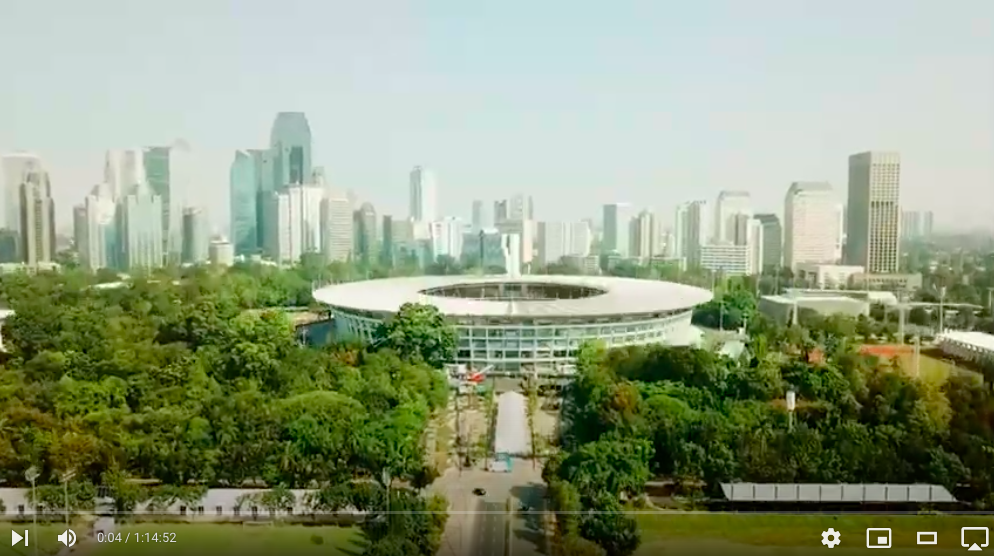
Research is essential for carrying out informed action in response to the present climate emergency. The key to implementing successful and effective climate action is to execute city-led research which generates robust knowledge which speaks to the needs of local and subnational governments.
As suggested by the newly published IPCC report (AR6) which has been described as a “code red for humanity”, there is no route back from some of the damage already caused to the global systems. However, some changes could be slowed, and others could be stopped entirely by limiting warming. With climate change impacts intensifying at an alarming rate, reactions must be immediate and forceful. The report also suggests that unless there are immediate and large-scale greenhouse gas (GHG) emission reductions, limiting warming to 1.5° will be beyond reach. To avoid missing this only opportunity to limit warming to 1.5°, we must take urgent and bold climate action by the end of this decade.
To do this, research and innovation can and should take centerstage in promoting emergency climate actions at all local, national and international levels through a number of ways such as providing city level models and data, flexible target setting methods, the provision of proxy data, the development of actionable knowledge across different sustainability themes and topics, and innovating new approaches, tools, and methods to help communities to respond to the climate emergency in a timely and efficient manner.
At this workshop, a panel of leading researchers and innovators engage in a discussion with participants relating to how the research and innovation community and actors can deliver much needed knowledge, data, and information to support responses to climate emergency by the end of this decade.
Speakers
- Jorn Verbeeck, Head of Research and Innovation, Global Covenant of Mayors for Climate & Energy (GCoM), Belgium
- Koko Warner, Manager of “Impacts, Vulnerability, and Risks”, UNFCCC, Germany
- Timur Dogan, Assistant Professor, Center for Cities, Cornell University, USA
- Helen Watts, Senior Director of Global Partnerships, Student Energy, Canada
- Victoria Beard, Professor, Director of Center for Cities, Cornell University, USA
- Pourya Salehi, Senior Research Officer, ICLEI World Secretariat, Germany
